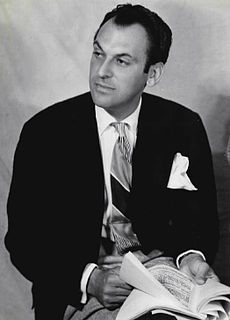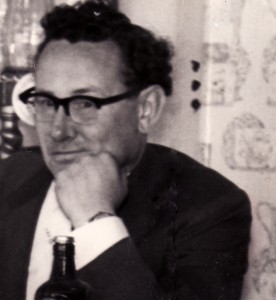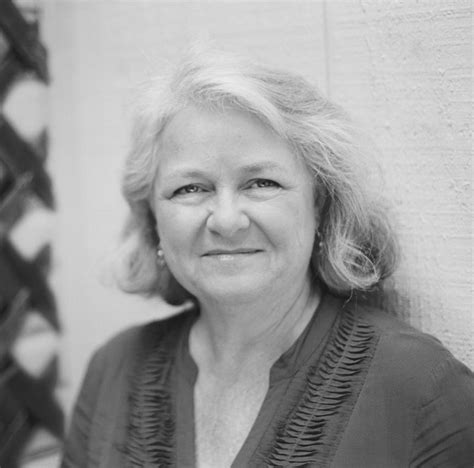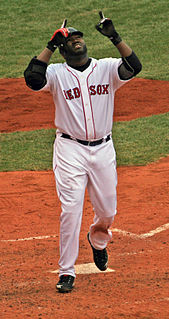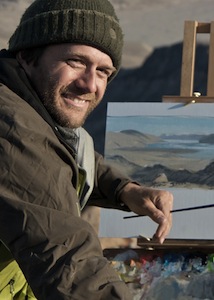A Quote by Astra Taylor
Look back on the utopian dreams of the previous century, or even the century before that, where people thought machines would ultimately give us a quality of life where our needs would be taken care of so we could all basically be artists together in the evening, after we had fished, hunted, raised cattle - or whatever it was Marx imagined for us.
Related Quotes
Other centuries had their driving forces. What will ours have been when men look far back to it one day? Maybe it won't be the American Century, after all. Or the Russian Century or the Atomic Century. Wouldn't it be wonderful, Phil, if it turned out to be everybody's century, when people all over the world--free people--found a way to live together? I'd like to be around to see some of that, even the beginning.
But I have had enough melodrama in this life, and would willingly give my five senses if they could ensure us our present peace and security. Happiness is not a possession to be prized, it is a quality of thought, a state of mind. Of course we have our moments of depression; but there are other moments too, when time, unmeasured by the clock, runs on into eternity and, catching his smile, I know we are together, we march in unison, no flash of thought or opinion makes a barrier between us.
I was really interested in 20th century communalism and alternative communities, the boom of communes in the 60s and 70s. That led me back to the 19th century. I was shocked to find what I would describe as far more utopian ideas in the 19th century than in the 20th century. Not only were the ideas so extreme, but surprising people were adopting them.
The century would seek to dominate nature as it had never been dominated, would attack the idea of war, poverty and natural catastrophe as never before. The century would create death, devastation and pollution as never before. Yet the century was now attached to the idea that man must take his conception of life out to the stars.
I was remembering the things we had done together, the times we had had. It would have been pleasant to preserve that comradeship in the days that came after. Pleasant, but alas, impossible. That which had brought us together had gone, and now our paths diverged, according to our natures and needs. We would meet again, from time to time, but always a little more as strangers; until perhaps at last, as old men with only memories left, we could sit together and try to share them.
Sometimes at lectures I am asked: how would the champions of the last century play today? I think that, after making a hurried study of modern openings, and watching one or two tournaments, the champions of the last century, and indeed the century before that, would very quickly occupy the same place that they occupied when they were alive.
Back in the twentieth century, we thought that robots would have taken over by this time, and, in a way, they have. But robots as a race have proved disappointing. Instead of getting to boss around underlings made of steel and plastic with circuitry and blinking lights and tank treads, like Rosie the maid on The Jetsons, we humans have outfitted ourselves with robotic external organs. Our iPods dictate what we listen to next, gadgets in our cars tell us which way to go, and smartphones finish our sentences for us. We have become our own robots.
We are the intelligent elite among animal life on earth and whatever our mistakes, [Earth] needs us. This may seem an odd statement after all that I have said about the way 20th century humans became almost a planetary disease organism. But it has taken [Earth] 2.5 billion years to evolve an animal that can think and communicate its thoughts. If we become extinct she has little chance of evolving another.
My family left Afghanistan in 1976, well before the Communist coup and the Soviet invasion. We certainly thought we would be going back. But when we saw those Soviet tanks rolling into Afghanistan, the prospect for return looked very dim. Few of us, I have to say, envisioned that nearly a quarter century of bloodletting would follow.
The DOCF all started when I made a trip to a local hospital in the Dominican Republic. I was visiting children who had received life-saving heart care operations. I couldn't help but think that in another life, one of these kids could be my own son. If it wasn't for baseball, I may have remained in the Dominican Republic and who knows where life would have taken me. It was then that I knew that I had to use the gift that I received, to play baseball, to do whatever I could to give back.
I think the twenty-first century happened, basically. That this century started on 9/11. And basically, it's been a century of counter reaction to globalization and the meritocracy. And a good century for 72 nations have gotten more authoritarian. We've had Brexit. We have Le Pen rising in France. We've just got a lot of these types all around the world. And the people who are suffering from globalization and the meritocracy are saying, "No more. You know, we get a voice too."
We have imagined ourselves a special creation, set apart from other humans. In the last twentieth century, we see that our povertyis as absolute as that of the poorest nations. We have attempted to deny the human condition in our quest for power after power. It would be well for us to rejoin the human race, to accept our essential poverty as a gift, and to share our material wealth with those in need.

